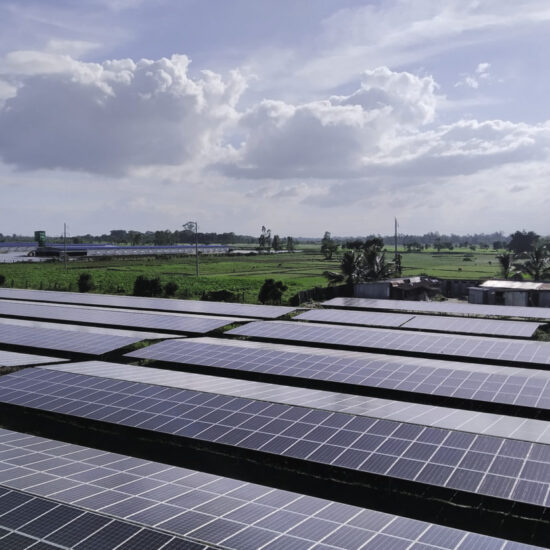
With Zambia being self sufficient in Maize or Corn production, its always been a puzzle that the country has had to rely on imports for its cornflakes consumption.
A Lusaka based company has decided to challenge the status quo and started making cornflakes locally using local raw materials derived from its farms and other supported small scale farmers in different parts of the country.
Located in Makeni of Lusaka, Share Africa Zambia – SAZ is a Zambian owned company that may save the country huge sums of forex and support the import substitution agenda, once members of the public support its products buy giving it chance against international imported cornflakes brands.
Speaking in an exclusive interview with the Zambian Business Times –ZBT, SAZ Chief Executive Officer Eddie Kasongo, said the company is proud to be a Zambian cornflakes producer and aims to be price competitive with most high-profile brands.
He said the cornflakes produced locally are Cheaper by about 20 – 30% compared to the imported products as the company does not pay import duty, transport and other expenses, savings which it’s passing on to the Zambian consumers.
When asked what motivated him to come with the initiative, Kasongo said, “basically when you have a bit of skills and knowledge and you want to give back to the community, you think of how best you can try and help, so we wanted to see how best we can help communities.”
“If you look at maize, Zambia is one of the major maize producing countries with excess maize produced every year and you find out that most of the maize is either consumed for Nsima, porridge, stock feed and less expensive things without giving the prestigious position where we can get high value product from maize, so that is why we thought about starting to make cornflakes.” He said.
“So we thought we could play a role in trying to supplement in foreign exchange savings because if we can produce the cornflakes that have been importing since time immemorial, it means that the country will save a bit of foreign exchange instead of importing something that can be easily made locally.”
He noted that most of the cornflakes consumed in Zambia were made from outside the country when the main ingredient was apparently maize which Zambia is also producing, a situation he said was robing jobs for Zambians.
“We do seed multiplication as we grow certified seed soya beans and then we thought of it would be more benefiting if we added value to some of the products that we are producing to help us be self-sustainable and continue with other programs.” He said.
He explained that the organisation was established in 2006 and primarily then it was looking at charitable activities as a way of helping some school going children adding that currently about 600 pupils are being supported in different parts of the country
He said since inception, the company has been producing a range of breakfast cereals, peanut butter among other assorted foods and it has resolved to take a milestone in cornflakes production.
He describes the market environment for his products in Zambia as average stating that there is room for the company to grow.
“We have just started and we are ramping up as the average production for the whole cereal is about 10 tonnes per day and for cornflakes the production capacity per day is about 5 tonnes.” He said.
“Then also it is job creation as every truck load that comes with a full load of cornflakes it means that the country is exporting jobs equivalent to produce that, so we are trying to see how best we can help fellow Zambians through job creations.”
“As we speak we have 42 people on permanent employment who the majority are youths and they are paying for NHIMA, pay as you earn -PAYE and NAPSA hence contributing to national development of the country.”
Kasongo said the company has four shareholders in which three are Zambians and one British national who just came in to raise a bit of capital and to give a bit of expertise in business management. For more details – contact email info@zambianbusinesstimes.com







